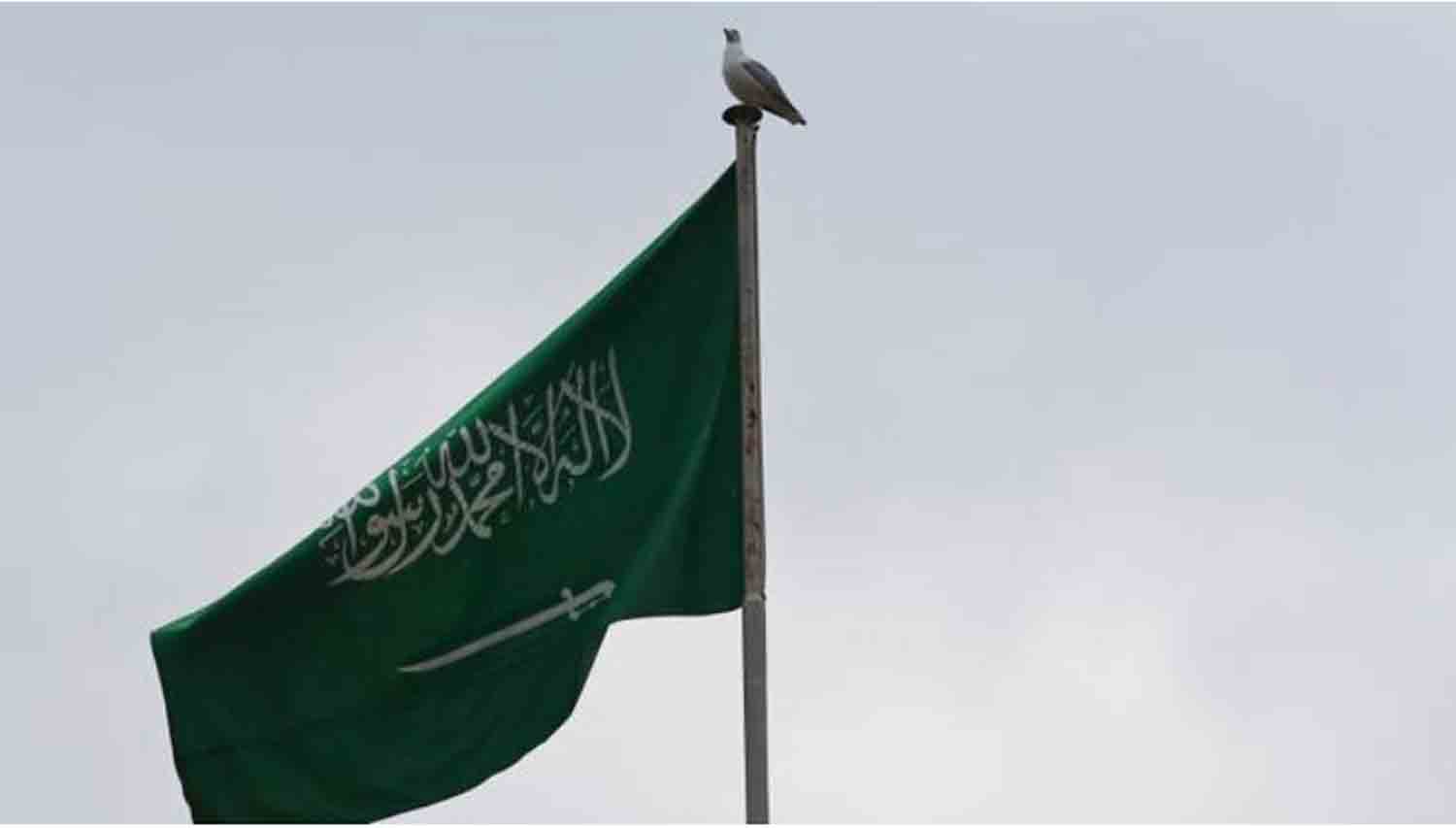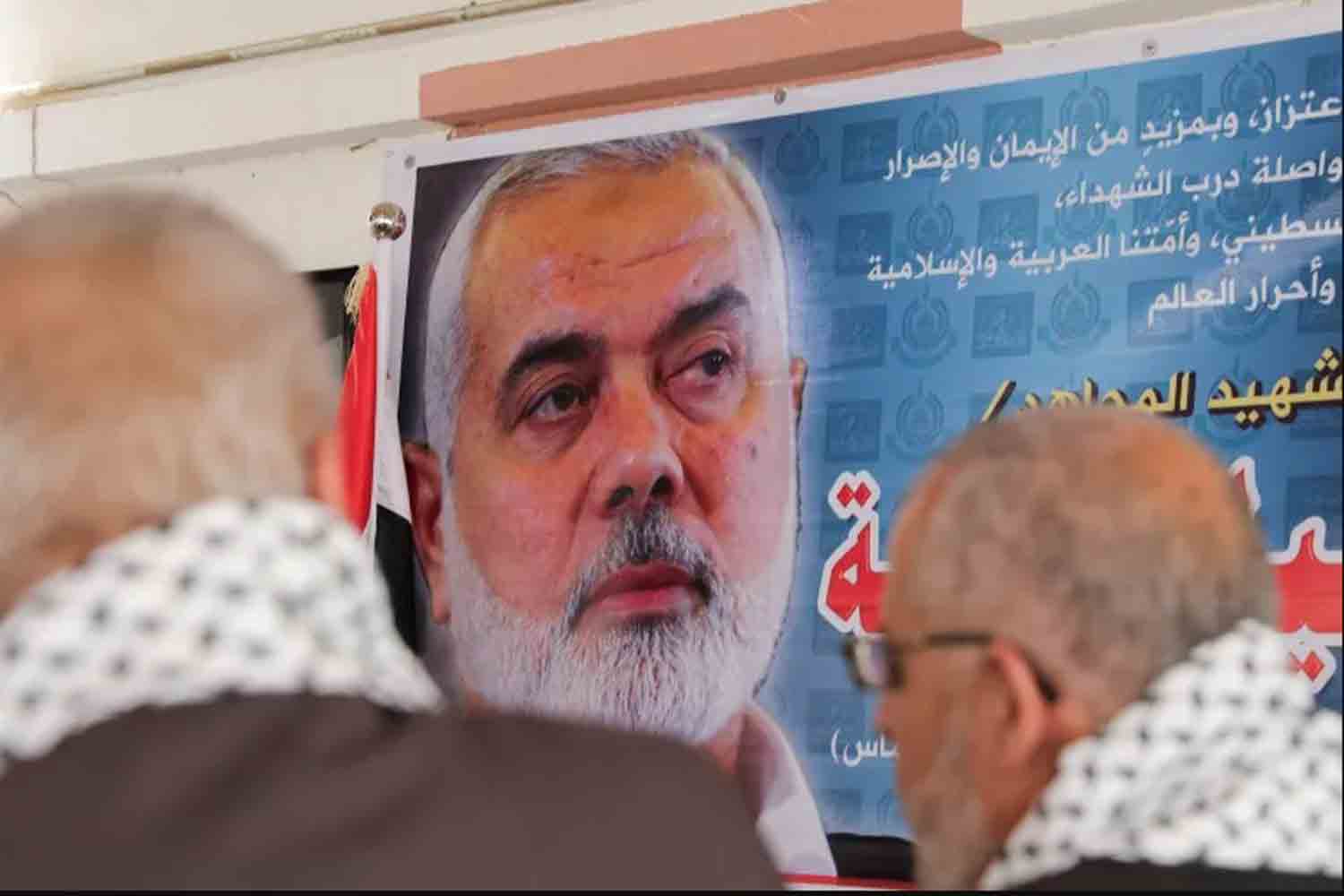Donald Trump’s unexpected assertion regarding the potential reclamation of the Panama Canal, along with his assertion that the United States should possess Greenland, indicates that the forthcoming U.S. president intends to adopt a foreign policy that disregards traditional diplomatic protocols.
As Trump readies to assume office on January 20, his team is preparing him to navigate two significant foreign policy challenges: the ongoing war in Ukraine and various conflicts in the Middle East, both of which he has vowed to address promptly.
However, on Sunday, Trump appeared more inclined to issue threats towards U.S. allies such as Panama and Denmark, which governs Greenland as a territory. In recent weeks, Canada has also been subjected to his provocations, with suggestions that it should become the 51st state of the United States.
Supporters of Trump’s stance argue that he is simply a vigorous proponent of “America First” policies, which entail a blunt defense of U.S. interests—economic or otherwise—when engaging with allies, often overlooking the repercussions they may encounter.
“The premise is that what benefits America will ultimately benefit the rest of the world,” stated Victoria Coates, a senior national security official during Trump’s administration from 2017 to 2021. “He adopts a pragmatic perspective on what constitutes America’s interests in any given context.”
Regarding Panama, Trump claimed that the U.S. should reassert control over the crucial Central American waterway, alleging that Panama was imposing excessive charges on shippers, a claim that the Panamanian president strongly refuted.
During a rally in Arizona, Trump expressed his commitment to preventing the canal from falling into “wrong hands,” highlighting concerns about potential Chinese influence over this critical passage. Two of Trump’s foreign policy advisers, who requested anonymity, indicated that he was addressing a broader concern that they believe will be a key focus in his potential second term: the increasing Chinese influence over Latin American governments and economies.
While China does not have direct control over the canal, a subsidiary of CK Hutchison Holdings, based in Hong Kong, has been managing two ports at the Caribbean and Pacific entrances of the canal for an extended period. Tricia McLaughlin, an adviser to Vivek Ramaswamy, who is set to co-chair a government efficiency commission alongside Tesla’s CEO Elon Musk, remarked, “It’s all about leverage and flexing. China is the second-largest user of the Panama Canal, and he is attempting to counter their influence in Latin America.”
Critics argue that this approach may alienate important allies. They warn that aggressive tactics could drive natural partners closer to rival powers like China and Russia, making them less inclined to engage in economic or security agreements with the United States. Mayer Mizrachi Matalon, the conservative mayor of Panama City and a supporter of Trump, issued a strong statement on Sunday, asserting, “We are not, nor will we ever be, a 51st state.”
John Bolton, who served as Trump’s national security adviser during his first term and has since become a critic, noted that there are valid discussions regarding the fees Panama imposes for canal passage, as well as the strategic significance of Greenland to the U.S. and NATO.
However, he noted that Trump is jeopardizing the opportunity for those discussions “due to his inability to refrain from speaking out.”
During his first term, Trump was not hesitant to criticize or threaten allies, particularly European NATO members, whom he accused of underfunding the alliance’s military efforts. Nevertheless, his threats directed at geographically close allies like Canada and Panama just weeks before assuming office suggest a heightened readiness to wield U.S. power as a blunt tool for securing concessions.
The White House opted not to provide a comment, and Trump’s transition team did not reply to a request for input.
TRUMP STILL INTERESTED IN GREENLAND
On Sunday, Trump revived a proposal he had previously mentioned during his first term—suggesting that the U.S. should purchase Greenland, which has gained strategic significance as Arctic trade routes become more accessible due to climate change.
Several officials involved in the transition or closely associated with Trump have informally discussed the implications of acquiring the Danish territory in recent weeks, according to three sources who spoke to Reuters. One potential avenue could involve establishing a Compact of Free Association (COFA) with Greenland, should the island achieve full independence from Denmark, a prospect that some polls indicate has long-term support among Greenlanders.
A COFA, which the United States currently maintains with three Pacific island nations, allows for a high level of economic integration between the U.S. and the foreign entity while preserving the latter’s independence.
Danish officials initially dismissed Trump’s interest in acquiring the island during his presidency from 2017 to 2021; however, he has maintained his fascination with the concept, according to two associates and transition advisers.
Recently, Trump has also speculated about the possibility of Canada becoming a U.S. state, a notion that experts deem largely unrealistic. Nevertheless, Elliott Abrams, a senior fellow at the Council on Foreign Relations, suggests there is a strategic rationale behind Trump’s provocative statements. He pointed out that Justin Trudeau, the Canadian prime minister, is currently facing unpopularity and increasing pressure to resign.
Trump has threatened to impose tariffs on Canadian imports unless Canada takes action to curb the influx of migrants and drugs into the United States. “Trump is intensifying the pressure on Trudeau; I believe this is part of a negotiation regarding tariffs,” Abrams stated. “We may see similar tactics employed with Mexico in the future.”
McLaughlin, an adviser to Ramaswamy, concurred, remarking, “This serves as a warning to Trudeau that Canada is in a subordinate position; they should not challenge the U.S. until they have fulfilled their obligations regarding tariffs.”
Discover more from Defence Talks | Defense News Hub, Military Updates, Security Insights
Subscribe to get the latest posts sent to your email.





